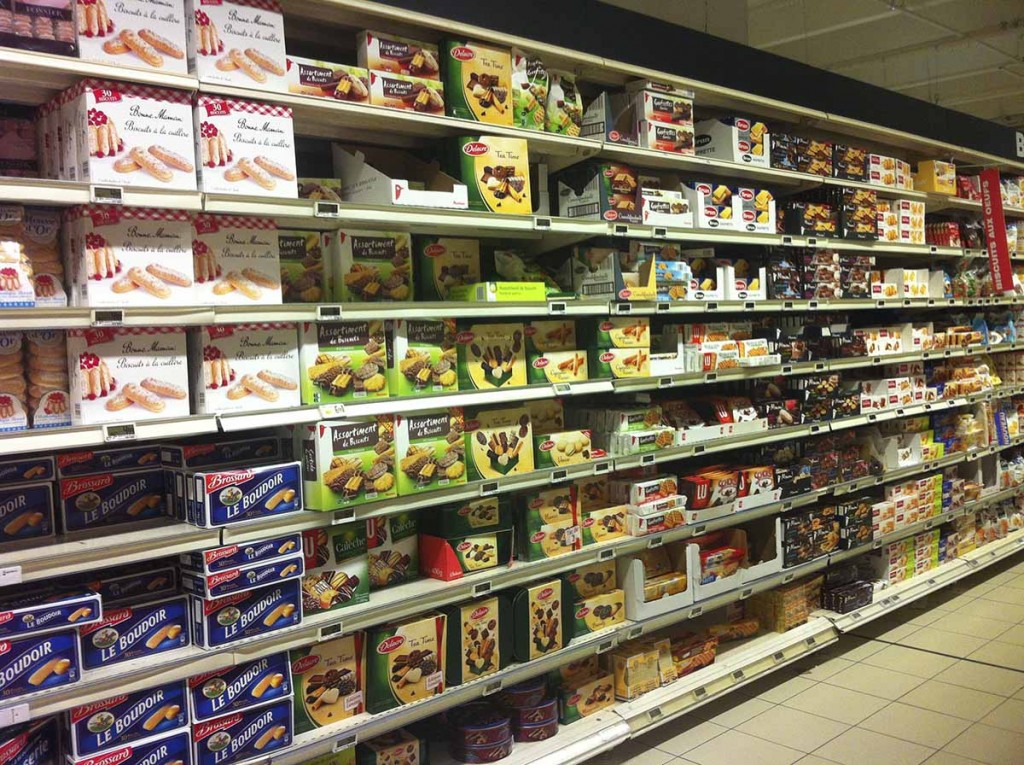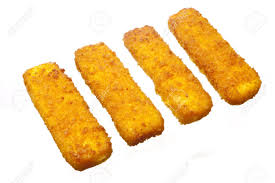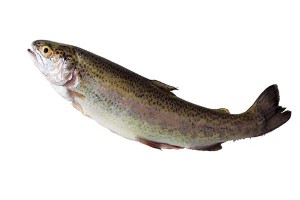Popular wisdom says that we should have a balanced diet: a little bit of everything and not too much of anything. This seems to be a safe approach and we do agree with this wise principle, especially in light of our body’s complexity and the lack of a definitive scientific answer concerning the perfect diet.
But from a practical point of view, what does “a little bit of everything” mean? A little bit from each aisle of the supermarket?

If we still led the hunter-gatherers’ life, the question wouldn’t arise: we’d eat what we can find in nature, and we’d be fine. Our bodies have evolved for hundreds of thousands of years to do just that. In comparison, agriculture is a very recent development (10,000 years).
Agriculture has made available an abundance of unnatural new foods:
– Unnatural because selective breeding creates crops that evolve faster than our metabolism.
– Unnatural also in the proportions of the macronutrients offered: the advent of agriculture mostly meant “grains” and we’ve been eating an excessive proportion of our diet as cereals and starches since then. While grains made civilization possible by feeding large populations, it was also the first step in consuming food that our body isn’t built for. Maybe we’ll adapt to it in a few hundred thousand years, but, for the time being, our bodies still think we are hunter-gatherers.
 The problem is made more acute by the food industry: understandably, companies want you to buy what’s profitable for them, not what’s good for you. S
The problem is made more acute by the food industry: understandably, companies want you to buy what’s profitable for them, not what’s good for you. S hopping habits, lack of time, shear volume of the offering, constant advertising disguised as science, all contribute to make it hard for people to distinguish real food from junk. How many kids think of “fish” (as food, not as in The Little Mermaid) as a rectangle?
hopping habits, lack of time, shear volume of the offering, constant advertising disguised as science, all contribute to make it hard for people to distinguish real food from junk. How many kids think of “fish” (as food, not as in The Little Mermaid) as a rectangle?
♦ ♦ ♦
Of course, most things found in the supermarket are man-made: apart from some rare wild-caught fish or game, and wild fruit (mostly berries), vegetal and animal products are grown or bred. The fruits available today are much bigger and sweeter than the original ones.
We don’t suggest that we go back to prehistorical lifestyles. But if we want to be healthy, it is important to look for fresh ingredients that received as little processing as possible, and try to eat food that is closest to what exists in nature, closest to:
Pulled from the ground,
Cut from the flesh,
Plucked from the plant.
If you found this post interesting,
sign-up to be notified when there is a new post on our blog.
